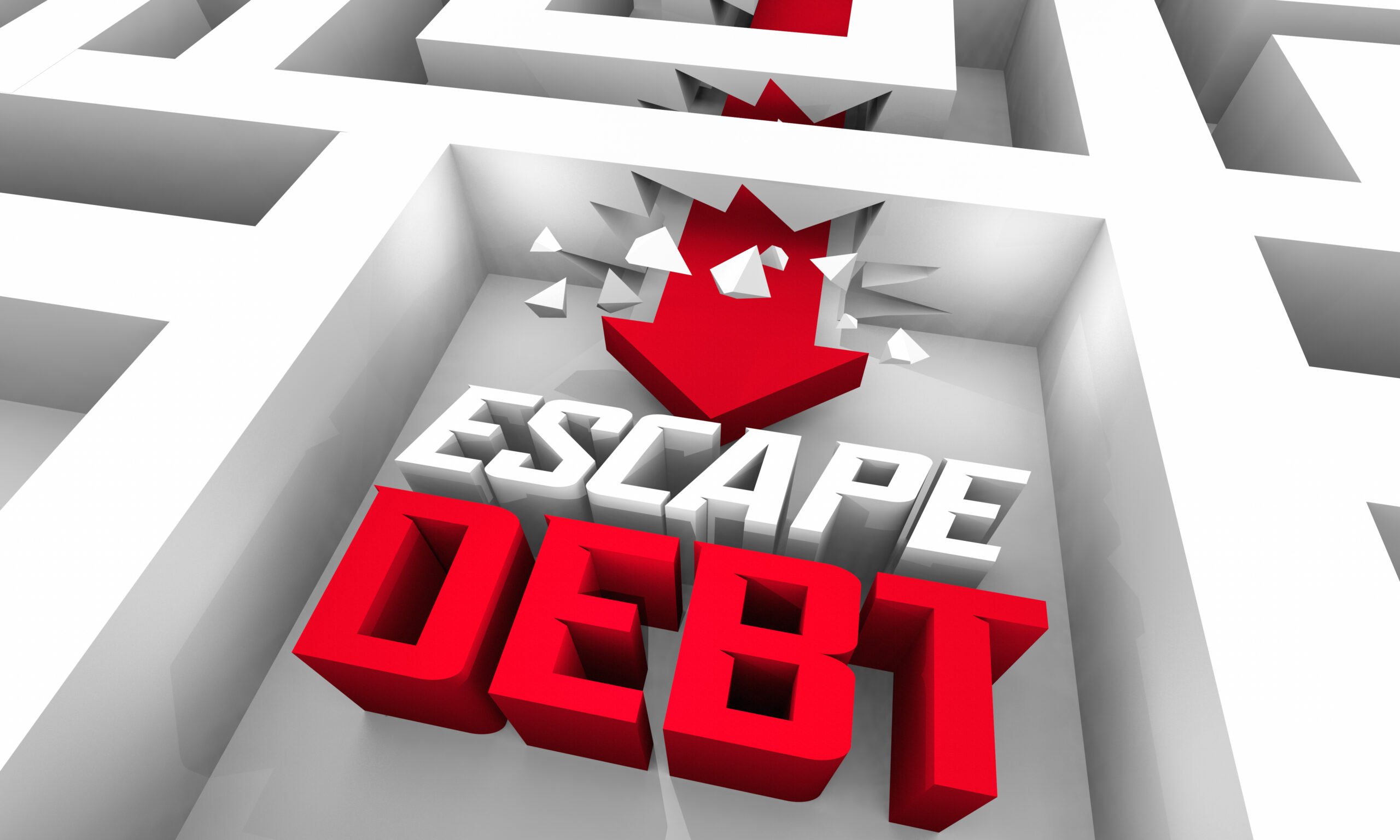Debt settlement can influence your credit score for a period of up to seven years. This initially causes a reduction in your score by approximately 100 points, with its impact lessening over time. The activities leading to debt settlement also have implications for your credit score. Creditors usually won’t contemplate debt settlement unless the borrower is significantly behind on payments or has already defaulted.
Skipping payments and proceeding to default or having your debt charged-off can lead to a decline of up to 110 points in your credit score before negotiations for debt settlement even start. In essence, the degree to which your credit is affected by debt settlement is significantly determined by your existing payment situation.
How Detrimental is Debt Settlement to Your Credit Score?
Debt settlement, alternatively called debt collection settlement, is a negotiation strategy where you propose clearing your debts through a lump sum payment that is smaller than the full debt amount. This method may be appealing to creditors if they fear receiving no repayment at all from you.
To encourage creditors to agree to a settlement, it’s common practice to partner with a debt settlement firm. This firm will advise suspending your regular payments to creditors for a specified period. As a result, as your delayed payments accumulate, creditors might be more open to accepting a reduced amount as a settlement to write off your debt.
You can also do more than repair your credit online by seeking an all-encompassing AI-powered credit management system designed to monitor, rebuild, and safeguard your credit.
How to Avoid Debt Settlement
If repaying a debt in full proves difficult for you, it’s wise to look into other options beyond debt settlement that could be more beneficial. Here are some alternatives to consider:
Debt Consolidation
If you possess a favorable credit rating, consolidating your debt can offer an escape from debts with high interest rates. Utilizing the funds from a personal or home equity loan, which typically have lower interest rates, to settle various high-interest credit card debts can notably decrease the amount you pay in interest.
Furthermore, consolidating your numerous credit card payments, which vary in their minimum monthly payments, into one consistent, fixed payment, can simplify the management of your finances. However, ensure that you do not accumulate new balances on your credit cards.
Forbearance
Should you find yourself in a situation where temporary financial difficulties hinder your ability to pay off your debt, creditors might offer forbearance. This entails either a temporary decrease or pause in your monthly payments, along with potentially waiving interest charges and fees.
Typically, this form of assistance is only available upon request and is generally reserved for borrowers who possess a solid credit history and can demonstrate their capability to recommence normal payment schedules within a period of six to twelve months. It’s important to note, though, that opting for forbearance will lengthen the repayment duration of your debt.
Loan Modification
A modification of your loan terms, also referred to as a workout agreement when dealing with credit card debt, involves a permanent alteration by your lender. The purpose behind this is to render your monthly financial obligations more manageable. Nonetheless, this adjustment might lead to certain unfavorable outcomes.
In the context of credit cards, this could manifest as a lowered limit on how much you can borrow. Meanwhile, for loans that are paid back in installments, the lender might prolong the duration of your loan. This prolongation means you’ll end up making additional payments across the lifespan of the loan, which, in turn, increases the cumulative interest you incur.
Endnote
Securing a deal to settle your debts might present an appealing strategy for tackling unmanageable financial obligations, setting the stage for a clean slate. Yet, it’s critical to understand that engaging in such settlements might cast a shadow on your credit score. Deliberating on the merits and potential setbacks of debt settlement, given your distinct monetary landscape, alongside pondering other viable strategies, is prudent.
